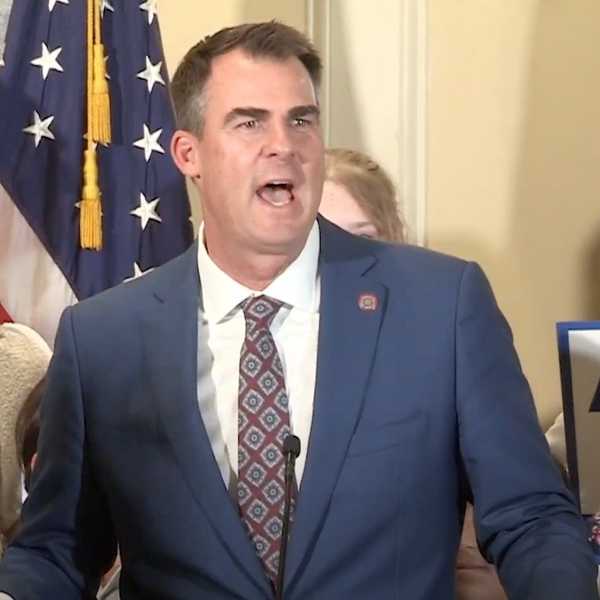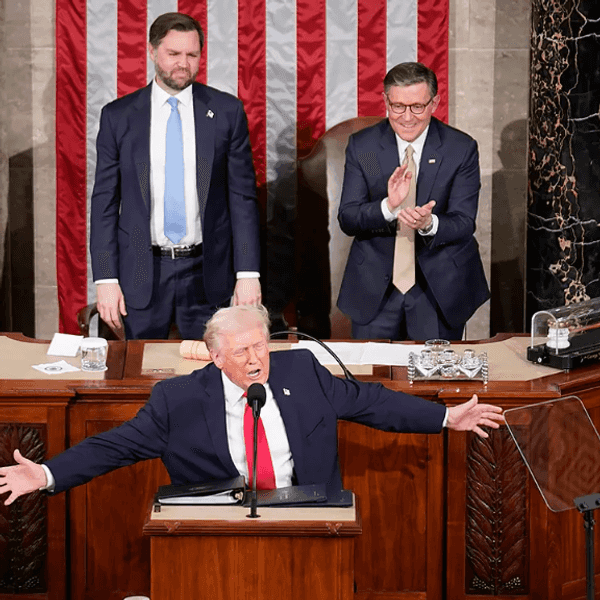Louis ‘Red’ Klotz, Who Won Respect As Loser To Globetrotters, Dies At 93

By Kurt Streeter, Los Angeles Times
In the early part of his basketball life, Louis “Red” Klotz did plenty of winning.
A high school all-star in the 1930s, his team twice won the Philadelphia city title and he went on to play guard for the NBA champion Baltimore Bullets.
But victory took a near-permanent detour for Klotz when he began coaching and playing for the Washington Generals, a squad best known as permanent comic fodder for the Harlem Globetrotters.
“Jackie Gleason has Art Carney,” Klotz was fond of saying. “Abbott has Costello, and the Globetrotters got us.”
Did they ever. Over a five-decade span, Klotz’s teams forged a record against the Globetrotters of four wins against roughly 15,000 losses, according to his biographer, who notes there may be a few hundred more defeats but nobody really knows since official records have not been kept.
It was 1971, at a college gym in Martin, Tenn., when the most memorable victory came. Klotz, 50 at the time, sealed the win in the last seconds with a signature set-shot. Then he and his players ran off the court, away from the stunned Globetrotters and disbelieving crowd, and celebrated by spraying themselves with orange soda pop. Klotz would never beat the Globetrotters again.
“I didn’t get famous apparently until I became the biggest loser that ever lived,” he said in a recent television interview. He smiled. “The losingest coach in the world.”
Klotz, 93, died on July 12 at his seaside home in Margate City, N.J. The cause was cancer, said his daughter, Ronee Groff. “My dad’s feeling about losing was that everybody sometime in their life loses, so it is all intertwined,” said Groff. “He accepted the losing as part of something more.”
Still, despite the unending barrage of futility, Klotz drilled his teams to play hard and become well-honed practitioners of basketball fundamentals.
“We were never told to lose,” said John Ferrari, one of his sons-in-law, who now serves as general manager for the team, currently known as the All-Stars. “We were not owned by the ‘Trotters, never told who to have on our team. It’s always about entertainment and fun, but Red was a keen proponent of quality basketball. Every night, if the guys were not playing well, there he was, yelling, drawing up plays, doing what a coach could to have his team win.”
Redheaded and diminutive by basketball standards at 5 foot 7, Klotz loved every part of competition. During games, the Globetrotters would be serious for a while and then launch into their comedy act — pulling down opponents’ shorts, bouncing balls off heads or hiding them under shirts, dancing, prancing, twirling, dunking. His teams, made up primarily of former college players, would have to take it.
“They basically were spotting the Globetrotters 15 to 20 points each game,” said biographer Tim Kelly, author of “The Legend of Red Klotz.” “That puts his teams under extreme pressure. They had to value each possession because the games needed to be close for the fans.”
Louis Herman Klotz was born in Philadelphia on Oct. 21, 1920. After leading his South Philadelphia High team to a pair of city championships in 1939 and ’40, he played briefly for Villanova University before joining the Army during World War II.
When the war ended, Klotz played for the highly regarded Philadelphia Sphas (an acronym for the South Philadelphia Hebrew Association), which beat the Globetrotters in a pair of exhibitions.
Impressed, and looking for a regular foil, Globetrotters owner Abe Saperstein asked Klotz in 1952 to put together a squad that would barnstorm with his team. So began the Washington Generals, which Klotz named after President Dwight D. Eisenhower.
For marketing reasons, the Generals ended up with a variety of other names through the years — the Boston Shamrocks and New Jersey Reds, for example. No matter the moniker, they went head-to-head with the Globetrotters roughly 400 games a year. Crisscrossing the globe, the two teams entertained popes, premiers and prisoners, competing on a frozen lake, an aircraft carrier, inside a Spanish bullring, atop a court laid down over wine barrels in the Amazon, all well before the age of the NBA as a global brand.
“The NBA loves to brag about how international they are now,” Kelly said. “But the foot soldiers were the Globetrotters. And Red would tell you, ‘The Globetrotters, hey, they had to play somebody. Somebody had to help make it a show.'”
Klotz played until he was 63 and coached until his early 70s. The Globetrotters retired his No. 3 jersey in 2011, making him the sixth person in Globetrotter history to receive such a distinction, joining a group that includes Meadowlark Lemon and Wilt Chamberlain.
He continued to consult with Ferrari about the team even after turning 90. He also often drove to an outdoor court near his waterfront home, eagerly joining in on pickup games with players who hadn’t been born when the Generals began.
“The other regulars on that court, they loved him,” Kelly said. “They felt like he was basketball royalty and they showed their respect by trying to stop him. Of course, he showed his respect by trying to win, always trying to win.”
Klotz is survived by his wife, Gloria; sons Chuck, Glenn and Kenneth; daughters Ronee Groff, Kiki Smiley and Jody Ferrari; 12 grandchildren; and nine great-grandchildren.
Photo: acidpix via Flickr
Interested in sports news? Sign up for our daily email newsletter!








